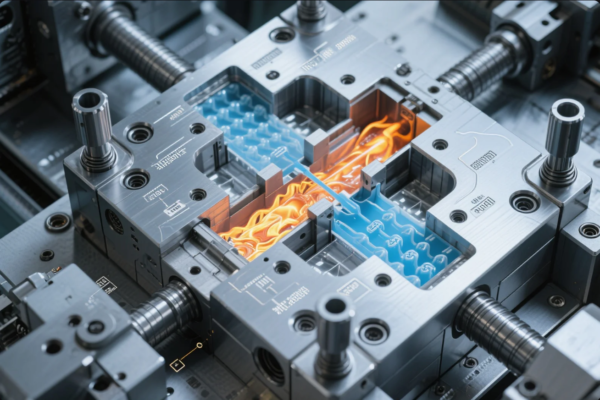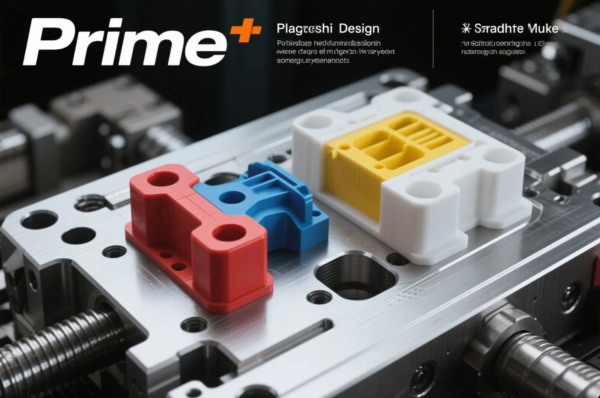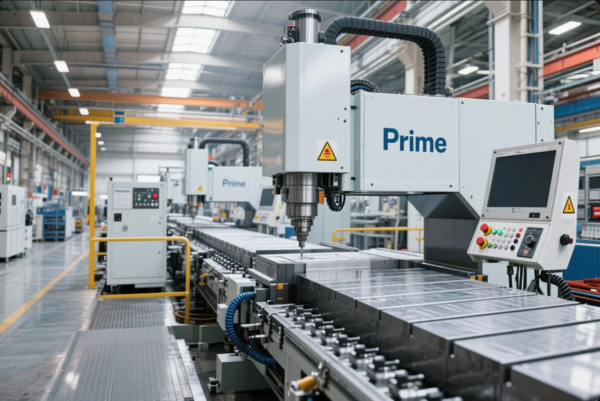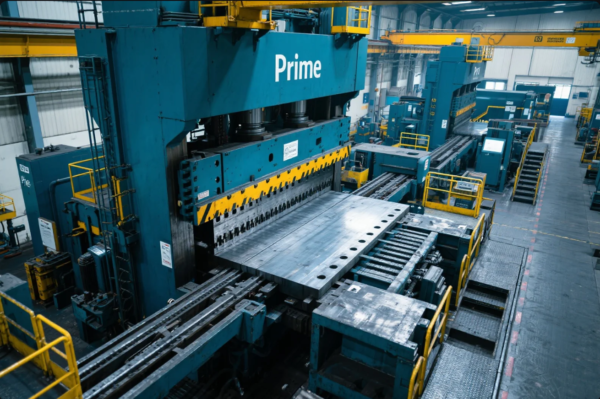Can Magnesium Ignite with Electricity?
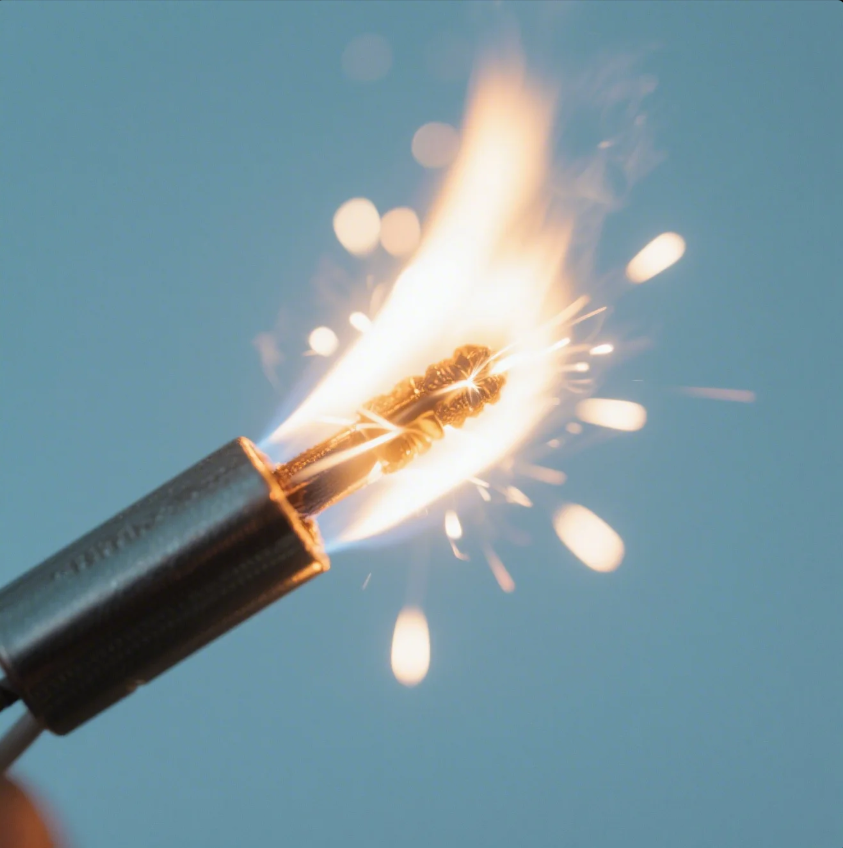
Magnesium is lightweight but highly reactive when conditions are right.
Electric sparks or arcs can ignite magnesium, especially when it’s in thin strips, powder, or exposed surfaces.
Read on to understand how magnesium interacts with electricity, and the risks and benefits involved.
Can magnesium generate electricity?
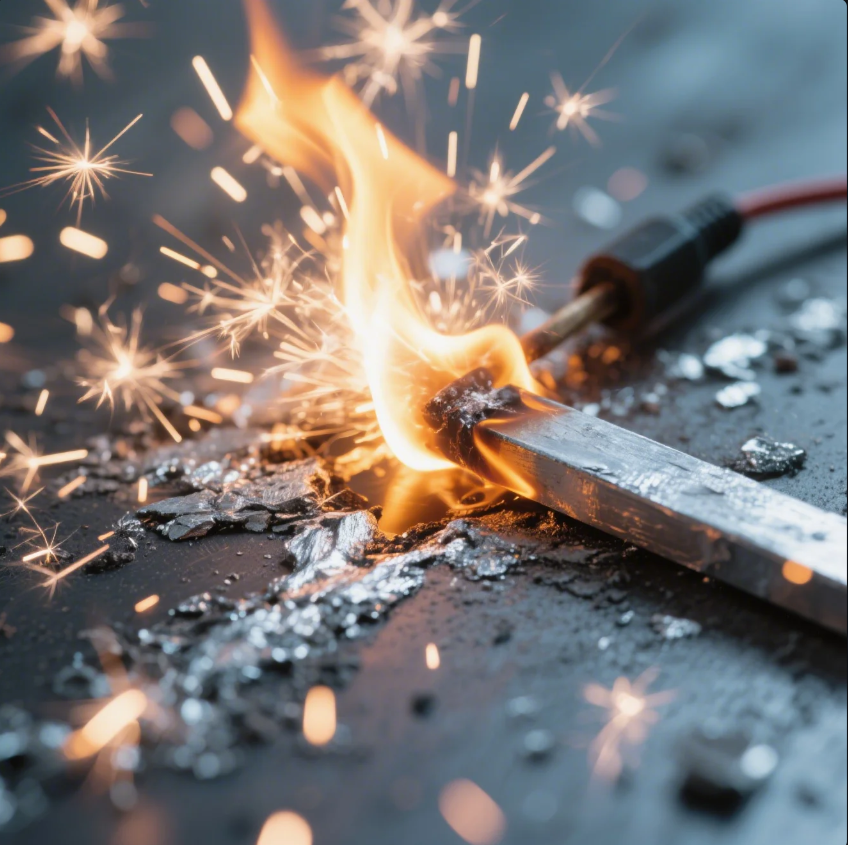
It sounds futuristic, but can magnesium produce electricity?
Yes, magnesium can generate electricity when used in certain batteries, especially magnesium-air and magnesium-ion batteries.
How magnesium generates electricity:
Magnesium has a high electrochemical potential. When combined with oxygen (in air) or with specific electrolytes in a battery, it releases electrons to generate electric current.
| Application | Explanation |
|---|---|
| Magnesium-air batteries | Magnesium anode reacts with oxygen |
| Magnesium-ion batteries | Magnesium ions transfer between electrodes |
At Prime, while our primary expertise is CNC零件精准加工 and 定制冲压件供应商领域, we stay up-to-date with metal innovations, especially as lightweight metals like magnesium grow in clean energy industries.
Can magnesium be flammable?

It’s easy to overlook, but magnesium’s flammability can be dangerous if mishandled.
Yes, magnesium is highly flammable, especially when in powder, ribbon, or thin strip form.
Conditions that make magnesium burn:
- High heat or direct flame: Ignites around 473°C (883°F).
- Electric sparks or arcs: Can supply enough energy to start burning.
- Thin materials: Sheets, shavings, or powder ignite more easily than solid blocks.
| Form of Magnesium | Flammability Risk |
|---|---|
| Solid ingot | Low (hard to ignite) |
| Thin sheet or strip | Medium |
| Powder or filings | High |
In Prime’s ISO认证铸造零件厂家车间, we strictly control magnesium machining conditions, ensuring no open flames, sparks, or static discharge near sensitive materials.
Does magnesium react with electricity?
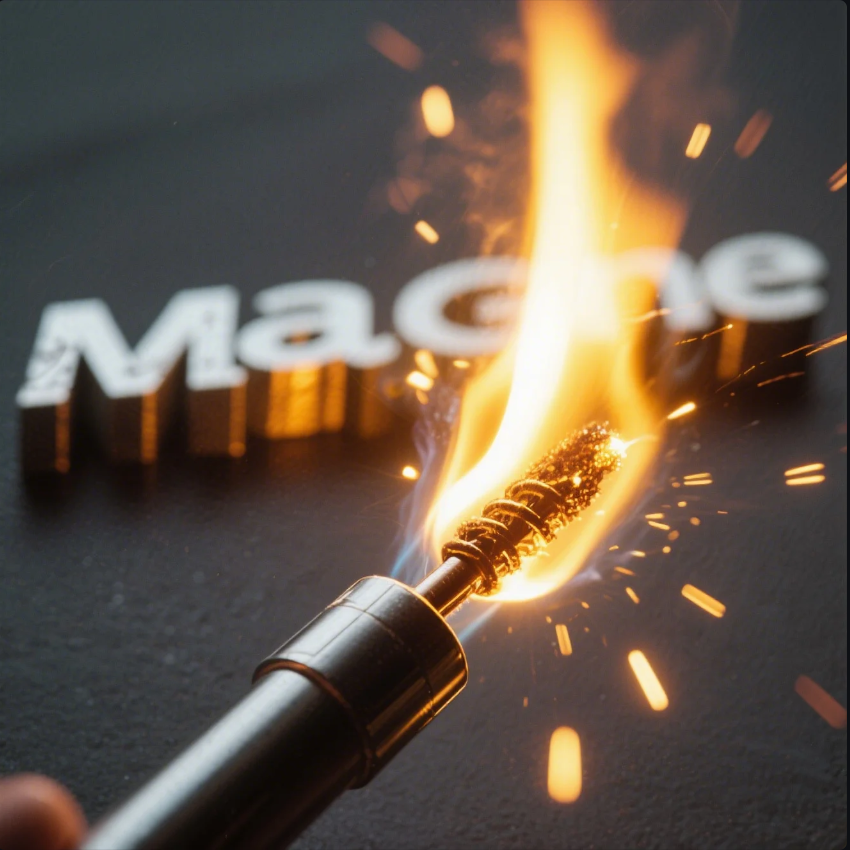
Electricity and magnesium — can they really interact?
Yes, magnesium can react to strong electric currents or arcs by igniting, especially when surfaces are exposed or thin.
Different reactions:
- Low-voltage electricity: No significant effect; magnesium behaves like other metals.
- High-voltage arc or spark: Can instantly ignite magnesium, leading to combustion and oxidation.
| Voltage Level | Magnesium Reaction |
|---|---|
| Low (household) | No ignition |
| Moderate (industrial) | Risk of localized heating |
| High (arc/spark discharge) | Possible ignition, fire risk |
During 一站式工业金属零件加工服务, Prime uses static-dissipation protocols and electrical grounding around magnesium storage and processing areas to eliminate accidental ignition risk.
Is magnesium explosive?
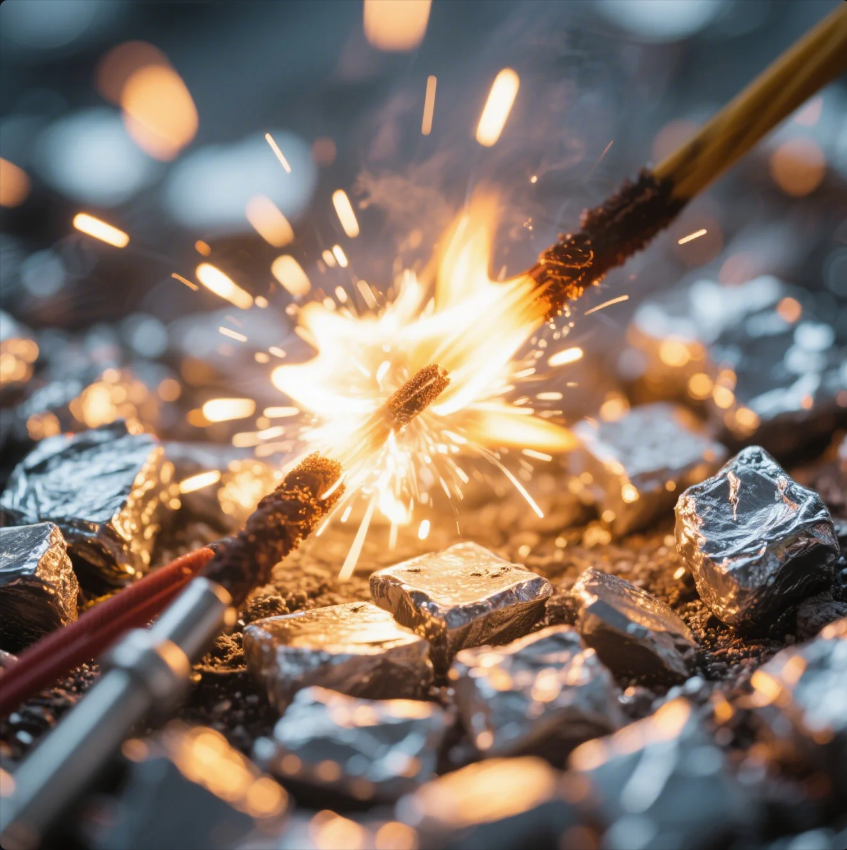
You might think magnesium behaves like an explosive — but does it really?
Magnesium itself is not explosive, but burning magnesium can cause intense fires that behave explosively in confined spaces.
Key points about magnesium and explosions:
- Open air: Magnesium burns violently but controllably with enough oxygen.
- Confined spaces: Combustion can cause rapid pressure build-up, leading to explosive-like events.
- With water: Burning magnesium can split water molecules, releasing hydrogen gas — adding to explosion risk.
| Scenario | Explosion Risk |
|---|---|
| Open-air burning | Low |
| Confined space burning | High |
| Water added to burning magnesium | Very High |
At Prime, we factor in all material reactivity risks when designing safe packaging, shipping, and machining plans for magnesium parts, especially for 出口北美、欧洲、中东市场的大宗项目。
Visual idea:
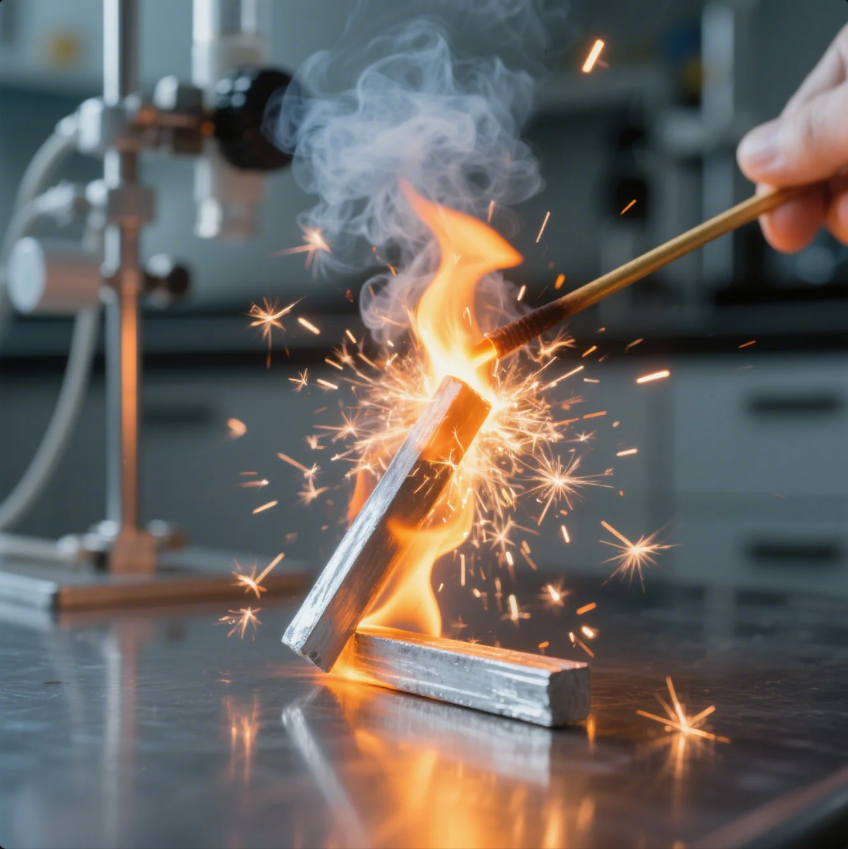
Prime’s certified magnesium storage area with advanced fire suppression systems
结论
Electric sparks or arcs can ignite magnesium, making it essential to handle this metal with proper care and safety measures.
Looking for high-quality magnesium parts produced with strict safety and precision? Contact Prime today! We offer fast delivery, ISO-certified quality, and expert custom processing solutions — send us your inquiry now for a free consultation and quote!

